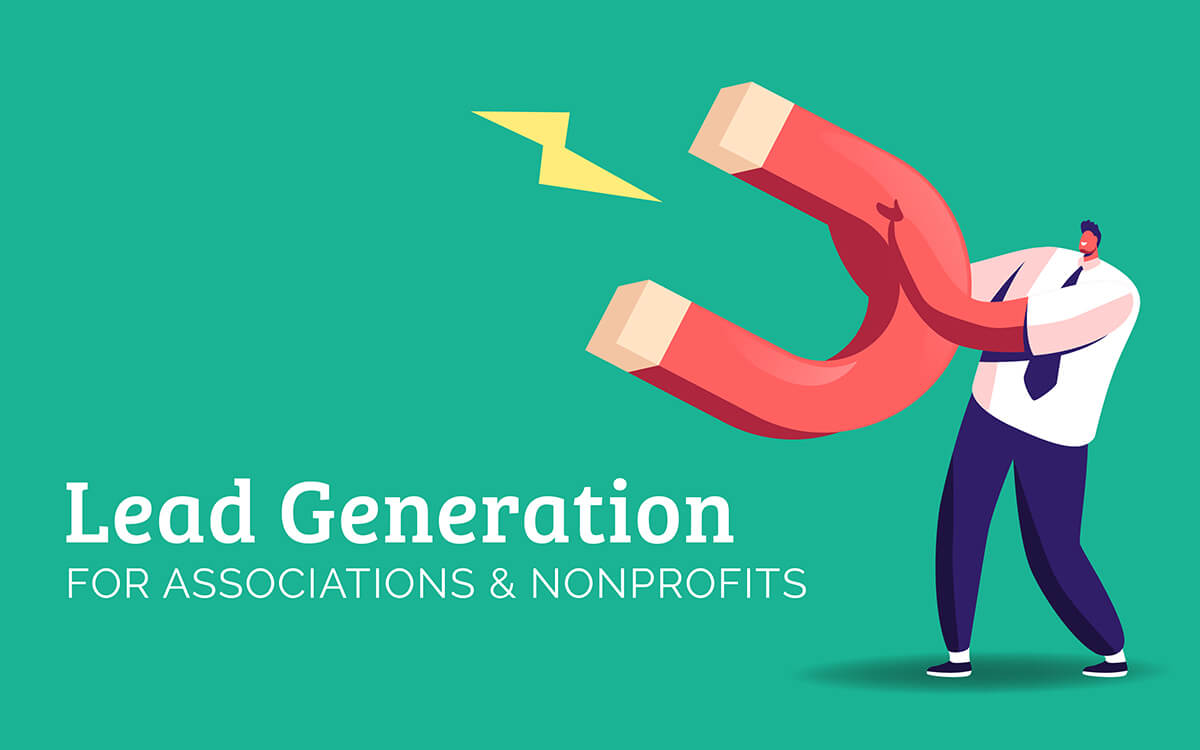
Attention is all you need! The Need for Engaging NGO Storytelling
In today’s world, it is more important than ever for NGOs to tell their stories in a way that is both engaging and effective. With so many competing for attention, NGOs need to find ways to cut through the noise and connect with their audiences on a deeper level.
Effective storytelling can help NGOs to:
- Raise awareness of their work and the issues they are addressing.
- Educate the public about the impact of their programs.
- Inspire people to take action and support their cause.
The Problem: Many NGOs Are Not Telling Their Stories Effectively
Unfortunately, many NGOs are not telling their stories effectively. This is often due to a lack of resources, expertise, or time. As a result, their stories are often lost in the sea of information that bombards us every day.
This is a missed opportunity. Stories have the power to move people to action. They can help us to connect with others and understand the world around us. When NGOs tell their stories effectively, they can make a real difference in the lives of others.
NGOs who don’t use storytelling effectively:
Effective storytelling is a powerful tool that NGOs can use to achieve their goals. However, many NGOs are not using storytelling effectively. This can have a number of negative consequences, including reduced awareness, limited ability to educate the public, difficulty inspiring people to take action, reduced fundraising, weaker relationships, and limited advocacy.
- Reduced awareness: A study by Storytelling for Social Change found that only 38% of people are aware of a cause without hearing a story about it.
- Limited ability to educate the public: A study by the Center for Media and Public Affairs found that only 23% of people say they learn about social issues from the media.
- Difficulty inspiring people to take action: A study by the World Wildlife Fund found that only 12% of people are likely to take action to protect the environment without watching a video about it.
- Reduced fundraising: A study by the Nonprofit Marketing Guide found that organizations that don’t use storytelling are 52% less likely to exceed their fundraising goals.
- Weaker relationships: A study by the Stanford Graduate School of Business found that organizations that don’t use storytelling are 48% less likely to have strong relationships with their stakeholders.
- Limited advocacy: A study by the Alliance for Children and Youth found that organizations that don’t use storytelling are 60% less likely to be successful in their advocacy efforts.
The Need for Engaging Content
In today’s world, audiences are bombarded with content from various sources, making it challenging for NGOs to capture attention and stand out. Engaging content is the key to cutting through the noise and connecting with the right people. Here are some compelling reasons why engaging content is essential for NGOs:
Educating and Informing the Public: NGOs play a crucial role in raising awareness about critical social issues. Engaging content allows them to effectively share valuable information, educate the public about various causes, and foster a deeper understanding of the challenges and opportunities within their respective fields.
Inspiring and Motivating Action: Compelling content can be a powerful catalyst for change. By sharing inspiring stories, highlighting the impact of their work, and showcasing the collective strength of communities, NGOs can motivate individuals to take action, support their causes, and become active participants in social change.
Humanizing the NGO’s Work: Engaging content can bridge the gap between the NGO and its audience, putting a human face on their work. By sharing personal narratives, showcasing real-life impact stories, and highlighting the dedication of their team members, NGOs can build trust, foster connections, and demonstrate the tangible effects of their efforts.
Building Trust and Credibility: Engaging content that is informative, transparent, and authentic can help NGOs establish themselves as reliable and trustworthy sources of information. This credibility is essential for attracting potential donors, volunteers, and partners, who rely on NGOs for accurate and unbiased insights.
Differentiating from Other Organizations: In the vast landscape of NGOs, compelling content can help an organization stand out and establish a unique brand identity. By crafting content that is distinctive, engaging, and aligned with their mission, NGOs can attract the attention of potential supporters and differentiate themselves from their competitors.
Creating Content That Resonates
Crafting engaging content that truly resonates with the target audience requires a strategic approach and a deep understanding of the audience’s needs and preferences. Here are some key considerations for NGOs seeking to create impactful content:
Know Your Audience: Before embarking on content creation, it is crucial to understand the demographics, interests, and content preferences of the target audience. This understanding will guide the selection of topics, tone, and style to ensure the content aligns with the audience’s expectations.
Storytelling is Key: Stories have the power to captivate, evoke emotions, and connect with audiences on a personal level. NGOs should leverage storytelling techniques to weave compelling narratives that highlight the human impact of their work, making the content relatable and memorable.
Variety is the Spice of Life: To appeal to diverse interests and preferences, NGOs should utilize a mix of content formats, including blog posts, articles, infographics, videos, social media posts, and interactive elements. This variety will keep the audience engaged and ensure the message is conveyed in a dynamic and accessible manner.
Visual Appeal Matters: In today’s visual world, high-quality images, videos, and graphics play a significant role in enhancing the impact of content. NGOs should invest in visually appealing content that captures attention and complements the written narrative.
Authenticity and Transparency: Authenticity and transparency are essential for building trust and credibility. NGOs should be genuine in their communication, openly sharing both successes and challenges, and avoiding overly promotional or exaggerated content.
Optimize for Search Engines: In the digital age, ensuring content is discoverable is crucial. NGOs should employ relevant keywords, SEO techniques, and metadata to optimize their content for search engines, increasing visibility and attracting organic traffic.
Promote Your Content Effectively: Creating great content is just the beginning. NGOs need to actively promote their content through social media, email marketing, influencer partnerships, and other channels to reach a wider audience and maximize its impact.
Measure and Analyze: Data-driven decision-making is essential for continuous improvement. NGOs should track the performance of their content, analyzing metrics such as website traffic, engagement rates, social media shares, and conversion rates. This data will inform content strategies and ensure resources are directed towards the most effective content types and channels.
Engaging Content Inspiration:
- WaterAid: WaterAid’s blog, “Water Stories,” showcases inspiring stories of individuals and communities transformed by access to clean water and sanitation, highlighting the impact of their work and the power of community-led solutions.
- Save the Children: Save the Children’s “Stories of Strength” multimedia campaign features personal narratives of children and families affected by conflict and poverty, raising awareness and inspiring action through powerful storytelling.
- Doctors Without Borders: Doctors Without Borders’ website and social media channels provide real-time updates from conflict zones and disaster areas, showcasing the dedication of their medical teams and the critical need for their humanitarian aid.
- Amnesty International: Amnesty International’s social media campaigns, often incorporating powerful imagery and personal stories, raise awareness about human rights violations, mobilizing action and urging individuals to take a stand.
Final Thought
In today’s dynamic and information-driven world, engaging content is not a luxury but a necessity for NGOs to thrive. By crafting compelling narratives, utilizing diverse content formats, and promoting their content effectively, NGOs can connect with a wider audience, amplify their voices, and achieve their missions. Engaging content is the masala that transforms an NGO’s story into a dish that is both nutritious and delicious, nourishing the public’s understanding and inspiring them to make a positive impact on the world.
Are you ready to transform your NGO’s story into a captivating narrative that educates, inspires, and drives action? Book a meeting with Pleomatic, a leading storytelling consultancy, where we’ll delve into the power of storytelling to amplify your NGO’s impact.



